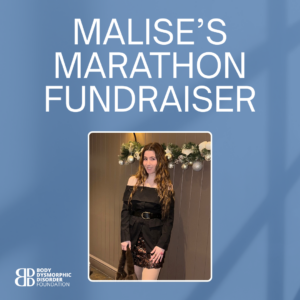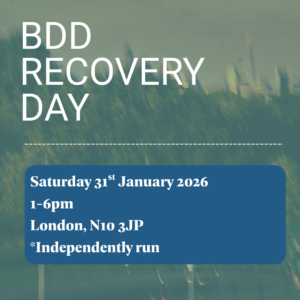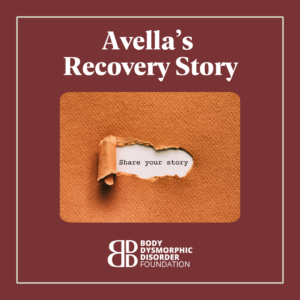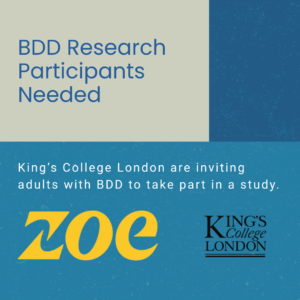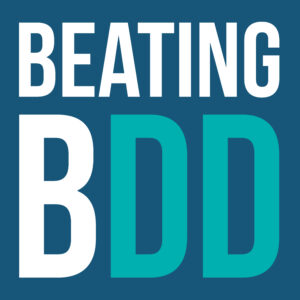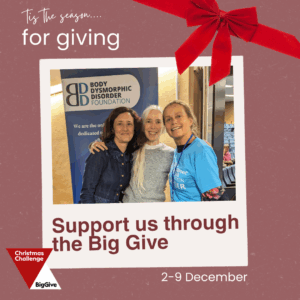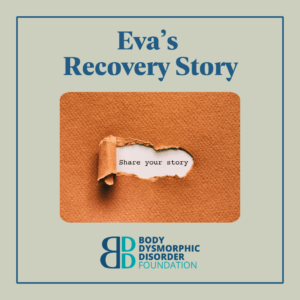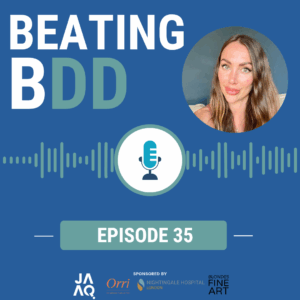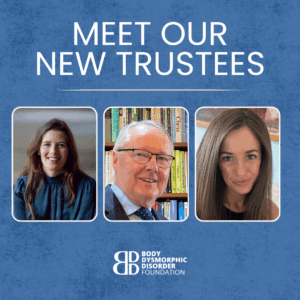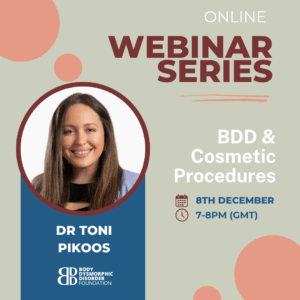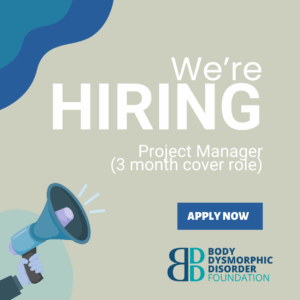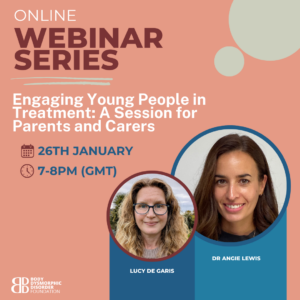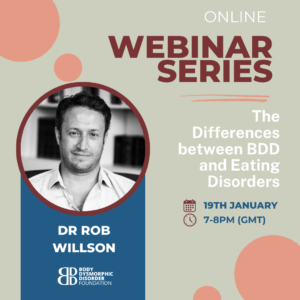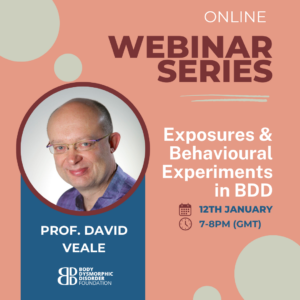It is a medically-recognised illness, much like diabetes, that anyone is susceptible to given the right combination of genetics and environmental factors. It is NOT what defines someone or their personality, in fact given the right treatment it can largely be successfully ‘removed’ and the person, not ill or in pain anymore, shines bright and can be who they were before this insidious illness attached itself to them.
A day in the life of a BDD sufferer
Imagine you are at a conference and as you look around you notice the room is packed full of gorgeous people that you admire and want to impress or perhaps even date (let’s say for the sake of argument, Barack Obama, Richard Branson, famous supermodels, Angelina Jolie, Brad Pitt and more). Imagine the organiser suddenly dims the lights, puts an extremely bright spotlight on you and asks you to deliver a speech on why you are all gathered there; you are unprepared and the topic is on something they all know more about than you (I don’t know, maybe ‘Why America is the best’… but you are British and have never been across the pond, while clearly the above attendees have).
You start to mumble and blag your way through, knowing that all the attendees know more about that topic than you and will immediately spot all the mistakes you are making. In fact, one by one, you start seeing each of them rolling their eyes, smirking with distain and even whispering conspiratorially to the person next to them as they turn to stare at you. You feel yourself going red, you start to visibly sweat and your shaky voice is giving you away even more and causing a scene. The organiser takes pity and interrupts you to say “thank you for your… contribution” and proceeds to deliver the finest, most eloquent, witty and intelligent speech you have ever heard on the topic. The crowd love him and give him a standing ovation, as some glance over uncomfortably because they clearly feel sorry for you, considering how awkward the situation is and the obvious ‘elephant in the room’.
“You glance in the mirror as you pass it, and immediately freeze”
Afterwards, you head home. On your way to the kitchen to make dinner and take care of important ‘life admin’, you glance in the mirror as you pass it, and immediately freeze. Oh no. Your hair must have gotten caught in the rain before the conference and has done that unique frizzy thing that only your hair can do, which makes the bowl haircut disaster that the hairdresser created the other day even worse. You also appear to have the largest, pusiest, ugliest, angriest, reddest spot known to man that has set up home right on the tip of your nose! You have large bits of black food from breakfast stuck between most of your teeth, your skirt is visibly tucked into your granny pants and you have a large stream of toilet roll stuck to your shoe. You also have mascara stains down your cheeks from a panic attack you had that morning just before you went into the conference, so it must have been obvious to everyone that you were not confident and knew you didn’t deserve to be there. In fact, your whole appearance most likely accounts for at least some of the looks you received that day.
When your partner arrives home, you tell them all about the scandal that happened that day, waiting for them to be as outraged as you at the unfairness of what you’ve had to go through; but instead, they tell you “you look beautiful today” and “in fact, this is the best I have ever seen you look”. You feel shocked and betrayed that they are mocking you by telling you such a lie or, more scarily, that they think this is actually what you normally look like and is the best you could ever look. You withdraw from them and make a note to store up that resentment for later. You go to bed feeling humiliated and ashamed, hoping tomorrow will be better. When morning comes, you get up and make your way to the second day of the conference, determined that today will be the day you will prove your worth to these amazing people. But wait – you get home that day, look in the mirror and you have somehow managed to make all the same mistakes again!! How is this possible?! As you fall asleep that day, you start to lose confidence that tomorrow will be different.
The following day, remembering how you must have been appearing to others the last couple of days and the growing likelihood that today is no different, you are quiet at the conference. You do not speak unless you must, you avoid eye contact, and you pull your hair forward to cover some of the likely abominations on your face (such as the spot and possible food between your teeth). In fact, whenever someone starts to talk to you, you make an excuse as soon as possible and go hide in the bathroom before they notice any such deficiencies. You see someone else observing this and through their eyes and body language they communicate an unspoken message that they understand why you are doing this, having witnessed your aesthetic disasters the last couple of days, and would indeed be taking the same action if god forbid they were in your position. At the end of the day, you rush home as quickly as possible, head down when passing people in the street. When you get in, you let out a sigh of relief that you are now in a safe place and spend the rest of the evening focusing on what you can do to avoid such future disasters, whilst crying tears of frustration and sadness.
“This is the reality of a BDD sufferer”
This is the reality of a BDD sufferer – they go through the exact same scenario, except that the ‘abominations’ they see are skin-deep and cannot be washed away or covered. They also go through this humiliation EVERY SINGLE DAY, without any break in-between to build themselves up again; in other words, the conference never ends. BDD afflicts 1 in every 50 of us, which is rather common – this means there are people in your school or workplace going through this battle right now. The private shame of sufferers and misdiagnosis (for example, of anxiety or depression) mean that this horrific illness is often not well known about or given appropriate treatment. The unrelenting pervasive pain experienced can lead to devastating consequences – BDD sufferers are 45 times more likely to commit suicide than the general population and suicidal thoughts are more common than in ANY other mental health condition including major depression. Thus, in many ways, it must be handled with the upmost respect and viewed as a potentially fatal illness if left untreated.
“BDD is NOT about wanting to look good, it is about wanting to look ‘normal’”
BDD is NOT about wanting to look good, it is about wanting to look ‘normal’ or even ‘below average’ but without being a walking freak show (hoping to be considered ‘attractive’ would be too high an aim). It is about being able to see the beauty and worth of EVERYONE you come across, except yourself. It is a medically-recognised illness, much like diabetes, that anyone is susceptible to given the right combination of genetics and environmental factors. It is NOT what defines someone or their personality, in fact given the right treatment it can largely be successfully ‘removed’ and the person, not ill or in pain anymore, shines bright and can be who they were before this insidious illness attached itself to them.
More stories from the community
